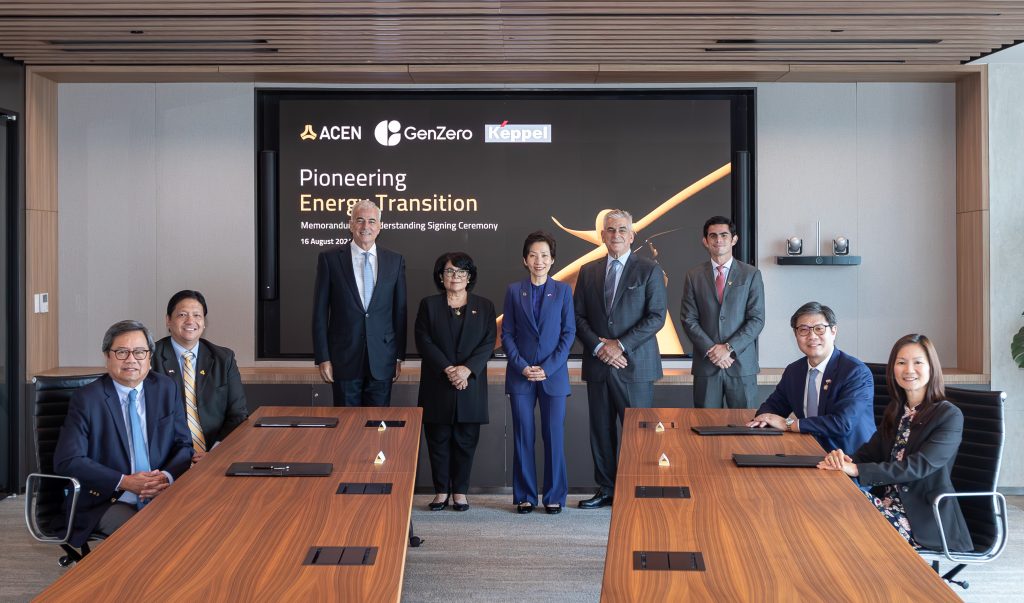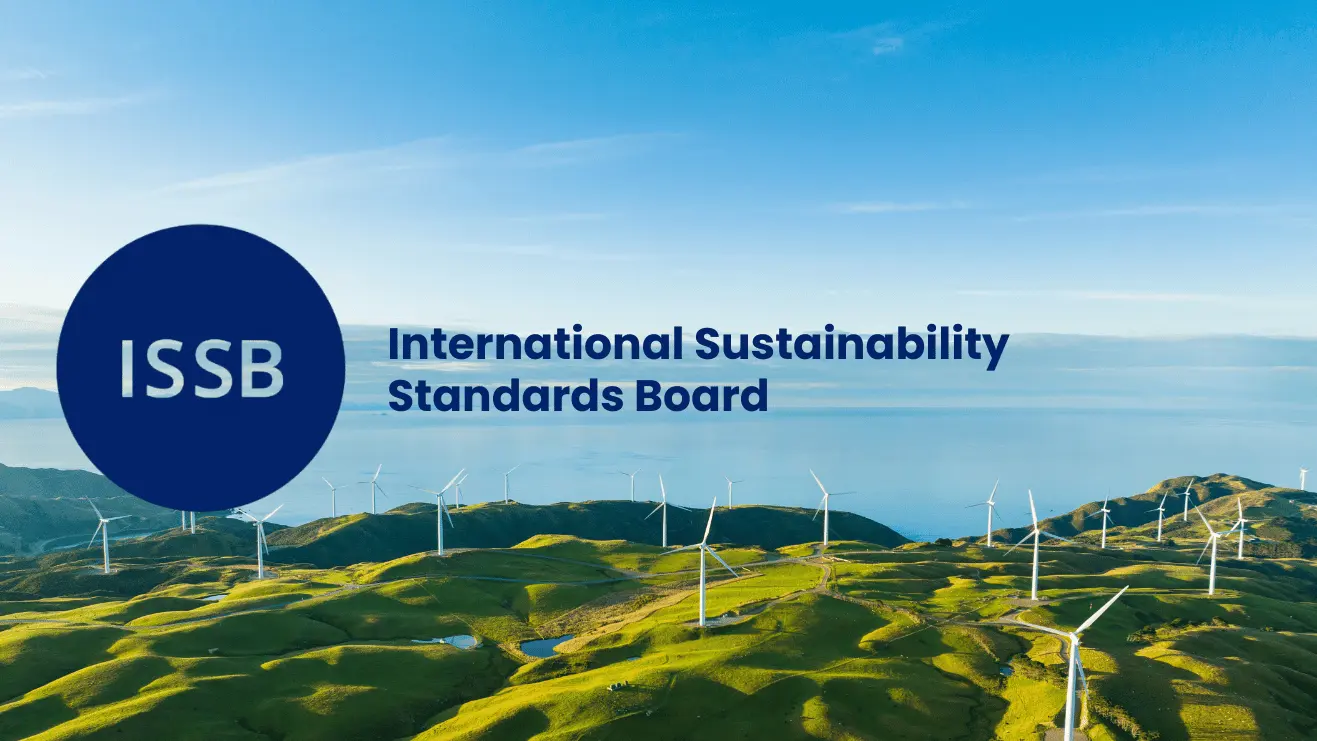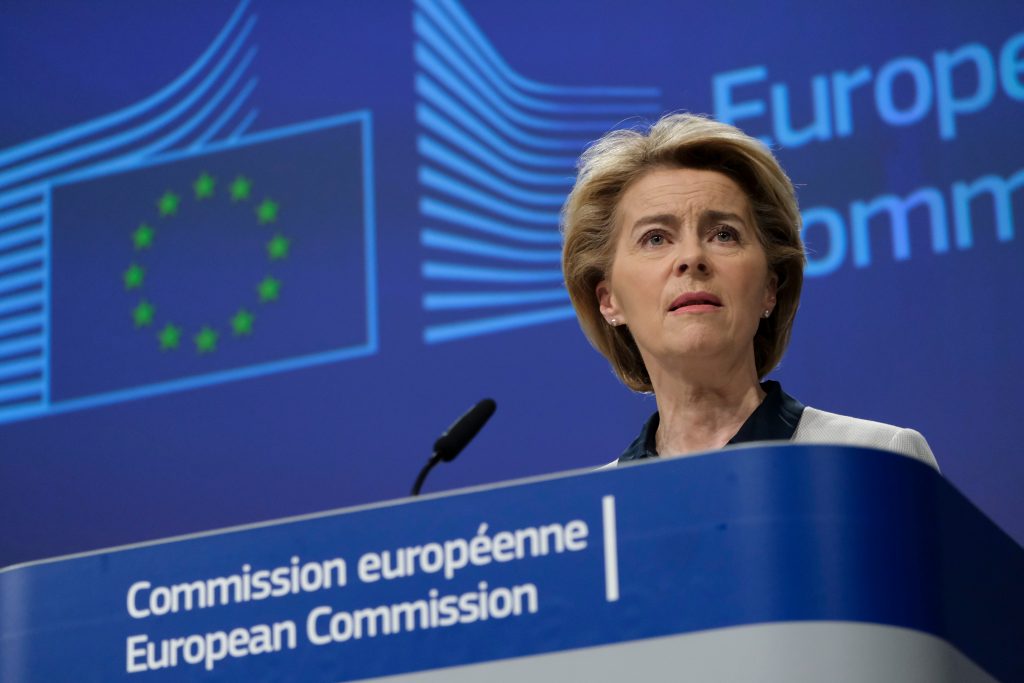ACEN, GenZero, and Keppel to Retire Philippines Coal Plant by 2030 Using Transition Credits

|
Listen to this story:
|
- Pioneering Transition: ACEN, GenZero, and Keppel aim to retire a coal-fired plant in the Philippines by 2030, replacing it with a clean energy system.
- Innovative Financing: The project will explore using Transition Credits (TCs) to fund the early retirement and energy transformation.
- Regional Impact: This initiative could set a model for similar coal-to-clean transitions across Southeast Asia and beyond.
ACEN, GenZero, and Keppel Ltd. have partnered to drive the early retirement of the South Luzon Thermal Energy Corporation (SLTEC) coal-fired power plant (CFPP) in Batangas, the Philippines. The Memorandum of Understanding (MOU) signed by the parties marks a significant step toward achieving a just energy transition in Southeast Asia by 2030.
The collaboration aims to explore and pioneer the use of Transition Credits (TCs) to finance the retirement of the 246 MW CFPP and its conversion into a clean energy facility. This approach aligns with global efforts to meet the Paris Agreement goals and achieve net-zero emissions by 2050. Southeast Asia’s CFPP fleet is one of the youngest globally, with an average age of less than 15 years, making the early retirement of these plants a critical environmental priority.
“Keppel is delighted to collaborate with ACEN and GenZero in exploring the novel use of high-quality transition credits as a catalyst for the clean energy transition,“ said Cindy Lim, CEO of Keppel’s Infrastructure Division. “This project will serve as a pathfinder and pave the way for more coal-fired power plants to be retired and replaced with cleaner energy facilities.“
The project’s focus will also include the development of end-to-end technological solutions and an economic model for the transition from coal to clean energy. This involves replacing the baseload provided by the CFPP with a mid-merit Integrated Renewables and Energy Storage System (IRESS), consisting of solar power and battery storage.
“Transition credits can help crowd in catalytic financing for such coal-to-clean energy initiatives,“ said Frederick Teo, CEO of GenZero. “We are excited to partner with ACEN and Keppel to bring complementary expertise from the Philippines and Singapore to pilot a scalable model that can accelerate such decarbonisation efforts globally.“
The initiative reflects the shared commitment of all partners to an orderly and equitable shift to clean energy in the region. It also takes into account environmental, social, and governance (ESG) considerations, including the training of workers and communities, asset repurposing, and minimizing the impact on local environments during the plant’s decommissioning.
“We appreciate the strong support of Keppel and GenZero for this pioneering initiative,“ said Eric Francia, President & CEO of ACEN. “The Philippines is at the forefront of energy transition initiatives, and this collaboration potentially unlocks further opportunities in the country. We also believe that this model can scale across the region, and even globally.“
Supported by the Rockefeller Foundation’s Coal to Clean Credit Initiative (CCCI) and the Monetary Authority of Singapore’s Transition Credits Coalition (TRACTION), this project may also involve international collaboration under Article 6 of the Paris Agreement. This provision allows countries to transfer carbon credits from reduced greenhouse gas emissions to help achieve climate targets.
Related Article: Ørsted Ends Coal Use, Closing Last Plant to Achieve 99% Green Energy by 2025
While the collaboration is not expected to have a material impact on Keppel’s financials for the current year, it represents a forward-looking strategy for the partners and a significant move toward a sustainable future for Southeast Asia.







